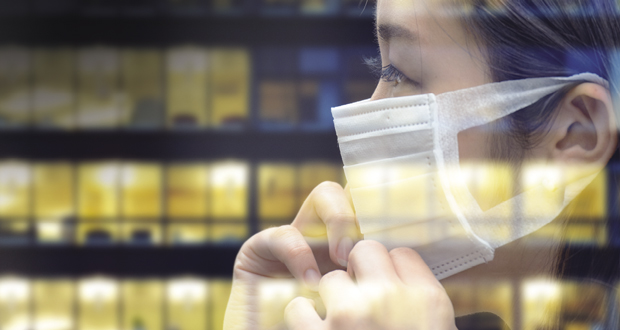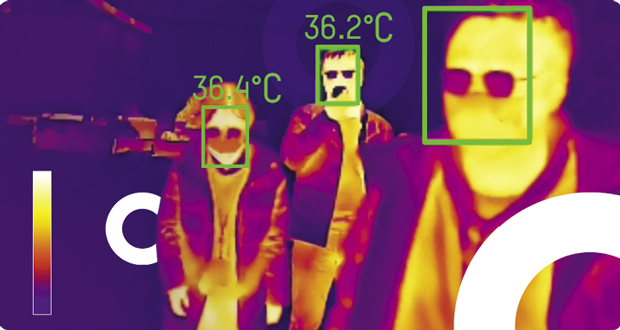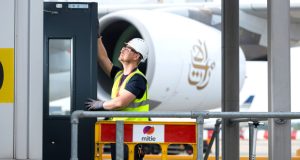CLEANING AND SECURITY
Cleaning will be a particular area of focus because even after buildings start to be reoccupied, the risk of catching COVID-19 will remain significant. Typically cleaning specifications focused on a visual standard of cleanliness. Did the space look clean? Was it free from dirt and debris? Did it provide a good first impression for the visitor and employee? Mike Boxall, Managing Director of benchmarking firm Sitemark, believes that needs to change and the focus be on an enhanced hygiene standard. His firm has launched a new hygiene-focused cleaning specification to help support organisations respond to the pandemic.
“This involves identifying all areas of a building where the risk of contamination to building users is high –such as common areas, door handles, lifts and stairway railings – and then cleaning them at a frequency that is appropriate to the area they are in. Focusing on how hygienic spaces are minimises the risk of workplace contamination and ensures everyone remains healthy. It also demonstrates the employer’s Duty of Care.” The profile and importance of cleaning teams will be substantially raised with people wanting to see cleaning teams around the building.
But Boxall believes that there is only so much a cleaning team can do. “We need to see improved behavioural change from building users through more regular, and longer, handwashing, clear desks and reduced physical contact with other people. Cleaning and hygiene generally need to be taken more seriously.”
The role of security will also change. Darren Read, Managing Director, Amulet Security of Churchill Group explains that the firm is using thermal cameras to identify any raised temperatures with a view to ensuring symptomatic individuals are sent off to receive necessary medical testing and attention.
Thermal cameras is also something that Corps Security is introducing within its clients. Mike Bullock, CEO of Corps Security explains that they are also changing many of their systems and processes to ensure reduced physical contact between the front-of-house team and guests. Where access cards are needed, these will need to be thorough disinfected between uses. Where there are scanning facilities, security officers must ensure they use gloves when handling visitors bags. Turnstiles and gates will need to be wiped down and disinfected regularly. Reception areas will also need to have anti-bacterial gel ready for both staff and visitors, he says. “But the key change, we believe will be the introduction of thermal imaging cameras which will allow organisations to protect their people from the virus while also supporting them to reopen their buildings and get back to business.”
These thermal-imaging based systems explains Ashley Zhao, Marketing Manager for Hikvision UK and Ireland, are: “Designed for the rapid, contact-free preliminary detection of elevated skin surface temperatures. By utilising thermal and conventional lenses and sensors, they can provide automatic alerts when anyone passing the camera exhibits a temperature in excess of a pre-configured range, allowing them to be clinically measured and assessed.”






